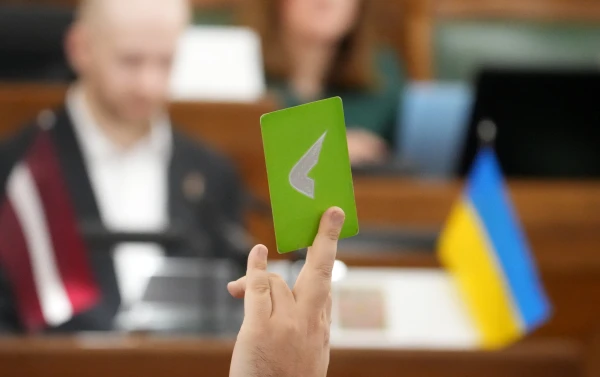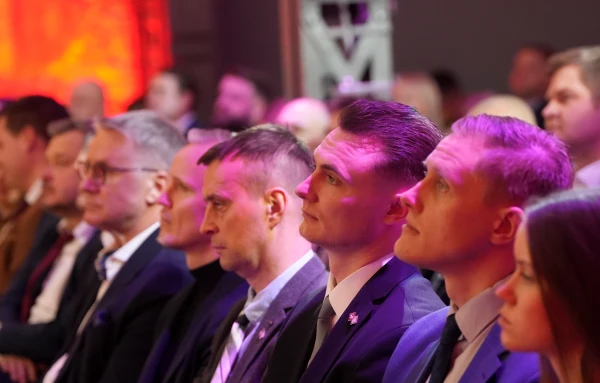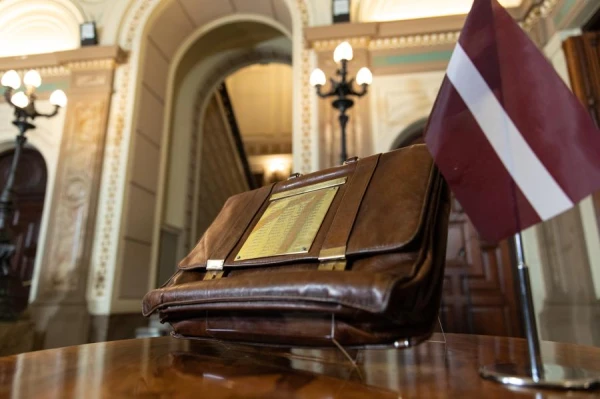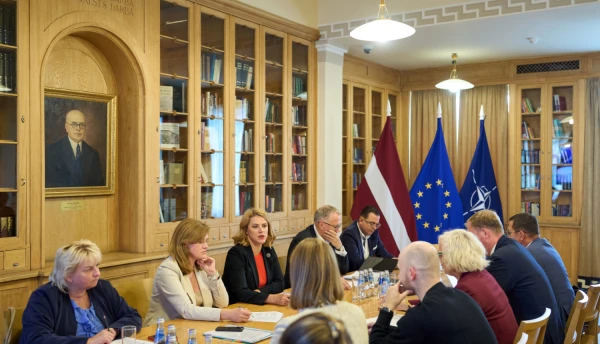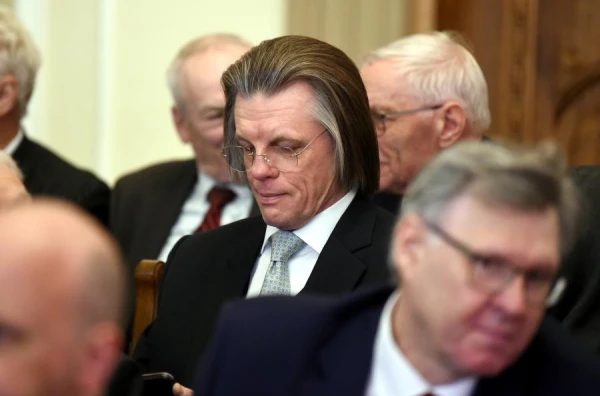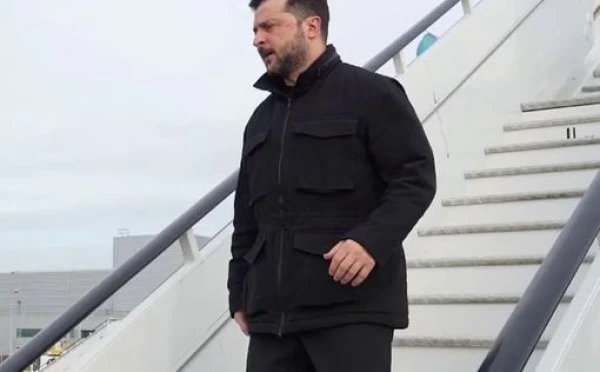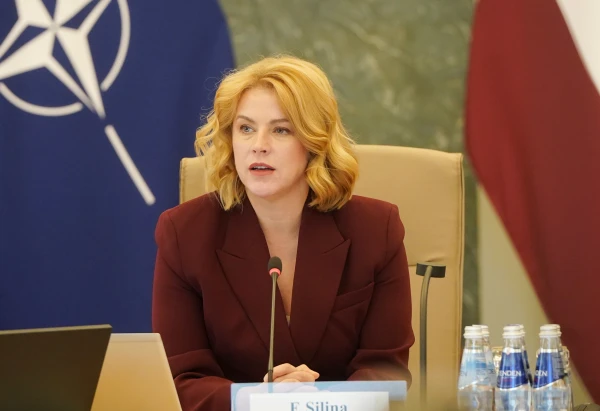
To make Europe stronger, it is necessary to reduce bureaucracy and eliminate obstacles, thereby simplifying life for those implementing new technologies, said Prime Minister Evika Siliņa (New Unity) on Wednesday at the opening of the Techritory technology forum, LETA reports.
She emphasized that technologies are developing faster and faster, changing life, work, and security. Events like Techritory bring together people who create, regulate, and explore technologies to find smarter solutions for the future together.
The Prime Minister noted that artificial intelligence is developing at a rapid pace and is already affecting competitiveness and ways to protect society.
"To keep Europe strong, we must simplify life for those implementing technologies — less bureaucracy, fewer obstacles, more freedom to create. And we must ensure that great ideas can grow and succeed right here in Europe," the Prime Minister emphasized.
Siliņa cited Latvian technological solutions, particularly the Tilde Open development, which has also been provided to Ukraine to facilitate its integration into the European Union, as well as the rapidly growing drone industry. She also noted that Latvia has the first 5G testing ground in Europe for the defense sector, and local experts are already researching 6G technologies. She called the field of quantum research important, in which Latvian scientists closely collaborate with partners across Europe and NATO.
"Although the greatest technological achievements today are visible in the military sector, we must ensure broader application of these technologies in society and business," Siliņa said, emphasizing that digitalization is the foundation of economic growth.
Siliņa noted that digital innovations are already today a driving force behind Latvian exports and competitiveness, and Latvian technology companies offer smart, safe, and sustainable solutions across Europe.
The Prime Minister emphasized that digitalization is also important for reducing bureaucracy, as it helps simplify rules, automate processes, and make public administration faster and more transparent.
"By using technology wisely, we can better support entrepreneurs and make the public sector more efficient," Siliņa said.
For his part, the Secretary-General of the Organisation for Economic Co-operation and Development (OECD) Mathias Cormann noted in his speech that to reap all the benefits that technologies can provide, it is necessary to formulate an ambitious and future-oriented policy that promotes innovation development. At the same time, it must be reliable and secure.
He emphasized that it is necessary to invest in research, infrastructure, and digital skills, as well as in privacy and security protection.
Economy Minister Viktor Valainis (New Unity) noted that digitalization and connectivity are the foundation of the economy, shaping security and economic growth.
He said that there are various everyday threats, such as cable breaks at sea and GPS interference, that "must be overcome."
Valainis stated that in Latvia, digital services are already used in areas such as healthcare, shipping navigation, increasing agricultural productivity, as well as monitoring infrastructure and defense. Technologies 6G are also being developed in collaboration with partners.
